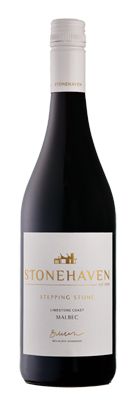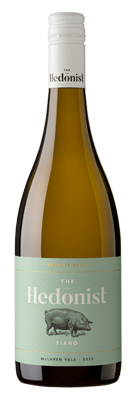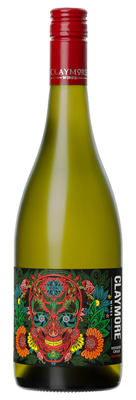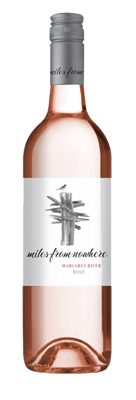Filter by
- Succulent Limestone Coast Malbec with a Gold and points galore from highly respected Stonehaven.$22.00 RRPfrom $14.99 when you mix 12+
- Delicious follow-up vintage of this Jim Barry Coonawarra Cab exclusive, the '21 won Gold on debut!$35.00 RRPfrom $24.99 when you mix 12+
- 94pt elegant Clare Riesling – "a wonderful wine to kick start a party" (WinePilot).$24.00 RRPfrom $18.99 when you mix 12+
- At the heart of the Coonawarra grows row after row of sensational Sauvignon Blanc...$25.00 RRPfrom $15.99 when you mix 12+
- "... juicy and beautifully rounded" (Wine Orbit) 91pt Barossa Merlot from impressive Thorn-Clarke.$25.00 RRPfrom $19.99 when you mix 12+
- Fresh, bright and pear-scented Gris from vineyards in the Adelaide Hills.$22.00 RRP$18.99 when you mix 12+
- Gold medal pink from highly regarded Reschke using fruit from the Limestone Coast.$22.00 RRPfrom $15.99 when you mix 12+
- A brooding, deep, dark Cabernet Sauvignon from McLaren Vale.$22.00 RRPfrom $17.99 when you mix 12+
- Silky Sicilian Nero d'Avola Cabernet barrel-matured blend with cherry and smoky tobacco.$38.00 RRPfrom $29.99 when you mix 12+
- A truly regal, Grenache-rich Rhône red with TWO Golds, and many fans.$29.00 RRPfrom $21.99 when you mix 12+
- Fragrant and elegant Barossa blend of four of Bordeaux's classic grapes.$35.00 RRP$23.99 when you mix 12+
- Bright, excellent value Chianti from award-winning maestro Paolo Masi.$30.00 RRPfrom $21.99 when you mix 12+
- Gold medal-winning, 91pt Limestone Coast rosé with a very appropriate name!$16.00 RRP$12.99 when you mix 12+
- 94pt, Great Value Fiano “Refreshing and engaging. Very good.”(Halliday) from a McLaren Vale veteran.$28.00 RRPfrom $26.99 when you mix 12+
- $19.99 RRPfrom $17.99 when you mix 12+
- Enjoy tropical fruit and buttery notes in the opulently oaked, great value Chardonnay from Calabria.$18.00 RRPfrom $12.99 when you mix 12+
- 95pt Great Value Adelaide Hills Shiraz with “flavours reaching to all corners” (Halliday).$50.00 RRPfrom $42.99 when you mix 12+
- "Long and refined" (Wine Orbit), 94pt Chardonnay from the dynamic and colourful Claymore team.$24.00 RRPfrom $18.99 when you mix 12+
- 94pt, Great Value Semilllon of "purity and elegance" (Halliday) from vines over 50 years old.$28.00 RRPfrom $22.99 when you mix 12+
- Generous, silky Elderton Barossa Shiraz of great elegance and balance.$44.00 RRPfrom $24.99 when you mix 12+
- Beautifully mature, Gold-medal Spanish Gran Selección – with an incredible multi-medal heritage!$24.00 RRPfrom $17.99 when you mix 12+
- 95pt organic Chardonnay from Mudgee’s Vinifera, "a beacon in the region..." (Halliday).$40.00 RRPfrom $35.99 when you mix 12+
- A refreshing, easy drinking and exceptional value Margaret River rosé.$22.00 RRPfrom $15.99 when you mix 12+
- Freshly landed, seductive, textural Pinot Grigio from Hunter born-and-bred Aaron Mercer.$26.00 RRPfrom $21.99 when you mix 12+





























